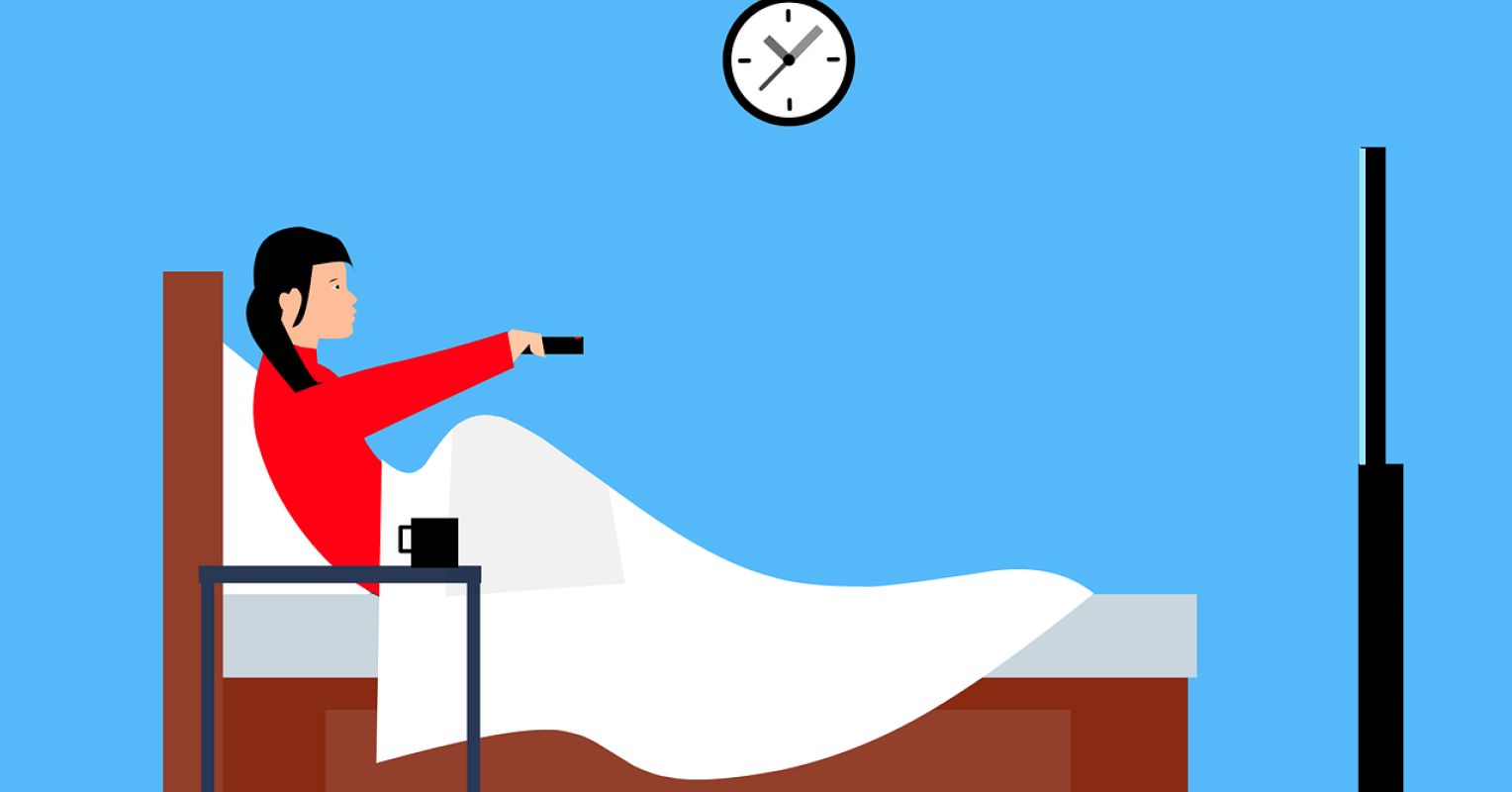
"If you've been relying on a couple of nightcaps to drift off, you probably know the painful tossing and turning that comes when you try to skip a night. I used to pack a dozen travel-sized rum bottles in my backpack for weeklong camping trips, lining them up like medical supplies-not for a "good time," but to guarantee a "good night's sleep.""
"Our bodies are built to adapt. Normally, without alcohol in the mix, the body regulates the sleep-wake cycle with an internal clock called the circadian rhythm. In the evening, the brain naturally releases calming chemicals to help us wind down and prepare for sleep. But when we regularly use alcohol as a "sleep aid," the brain starts outsourcing the job. Instead of producing its own chemicals, it adapts to relying on alcohol's artificial depressant effects."
Worry about lost sleep often prevents people from quitting alcohol. Many people rely on nightcaps to fall asleep and experience intense tossing and turning when they stop. Long-term reliance trains the brain to expect alcohol's depressant effects, reducing endogenous production of calming chemicals and disrupting the circadian rhythm. The brain begins to outsource sleep regulation to alcohol. When alcohol use stops, the body can take several days to recognize the absence of alcohol and additional days to recalibrate sleep-wake mechanisms and restore a natural circadian rhythm. This transition often causes temporary sleep disturbances but can improve as the circadian system resets.
Read at Psychology Today
Unable to calculate read time
Collection
[
|
...
]